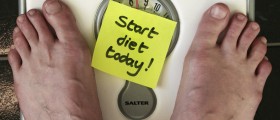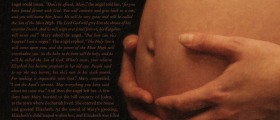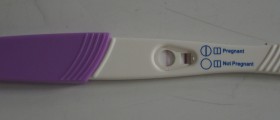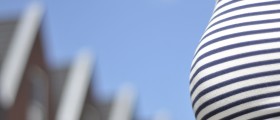
While the aging process does have an influence on male fertility, women will go through menopause and become incapable of conceiving naturally. Women's fertility rapidly declines with age beginning at 35, and at 40 years old a woman's chances are cut in half. The older a woman becomes the more difficult it can become to get pregnant.
Trying to get pregnant after 40 becomes harder and harder and the longer a woman waits to conceive, the more likely it is that she will need fertility assistance. Not only is it more difficult for a woman to conceive after the age of 40, but there are also risks associated to the fetus as well. One of the main risks to a fetus conceived to a mother older than 40 is Down's syndrome, which is a form of chromosomal defect. When trying to get pregnant after 40 years old, a woman needs to consult with a fertility specialist and undergo genetic testing to ensure there are going to be no additional risks to the infant and that she is physically health enough to endure a pregnancy. The good news about waiting until later in life is that there are options available for women trying to conceive after the age of 40.
There are some obvious risks associated with a later in life pregnancy, but with medical attention, genetic testing and the advancements being made in reproductive health, these risks can be diminished greatly. When considering everything involved in conceiving a baby after the age of 40 years old, it is possible for a woman to experience a fulfilling and rewarding pregnancy.

















Your thoughts on this
Loading...